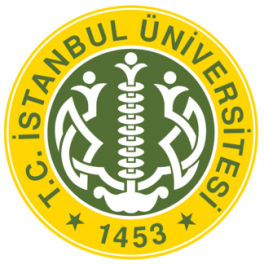1区 · 综合性期刊
ArticleOA
作者: Ipek, Ozgecan Savlug ; Ünal, Durişehvar Özer ; Ozlu, Nurhan ; Akyel, Yasemin Kubra ; Gul, Seref ; Selvi, Saba ; Danis, Ibrahim ; Korkmaz, Tuba ; Taskin, Ali Cihan ; Okyar, Alper ; Aygenli, Fatih ; Ozcan, Onur ; Akarlar, Büşra Aytül ; Ozturk, Nuri ; Ozturk, Narin ; Turkay, Metin ; Guzel, Mustafa ; Kavakli, Ibrahim Halil ; Gul, Zeynep Melis ; Isin, Safak
AbstractCryptochromes are negative transcriptional regulators of the circadian clock in mammals. It is not clear how reducing the level of endogenous CRY1 in mammals will affect circadian rhythm and the relation of such a decrease with apoptosis. Here, we discovered a molecule (M47) that destabilizes Cryptochrome 1 (CRY1) both in vitro and in vivo. The M47 selectively enhanced the degradation rate of CRY1 by increasing its ubiquitination and resulted in increasing the circadian period length of U2OSBmal1-dLuccells. In addition, subcellular fractionation studies from mice liver indicated that M47 increased degradation of the CRY1 in the nucleus. Furthermore, M47-mediated CRY1 reduction enhanced oxaliplatin-induced apoptosis in Ras-transformedp53null fibroblast cells. Systemic repetitive administration of M47 increased the median lifespan ofp53−/−mice by ~25%. Collectively our data suggest that M47 is a promising molecule to treat forms of cancer depending on thep53mutation.







